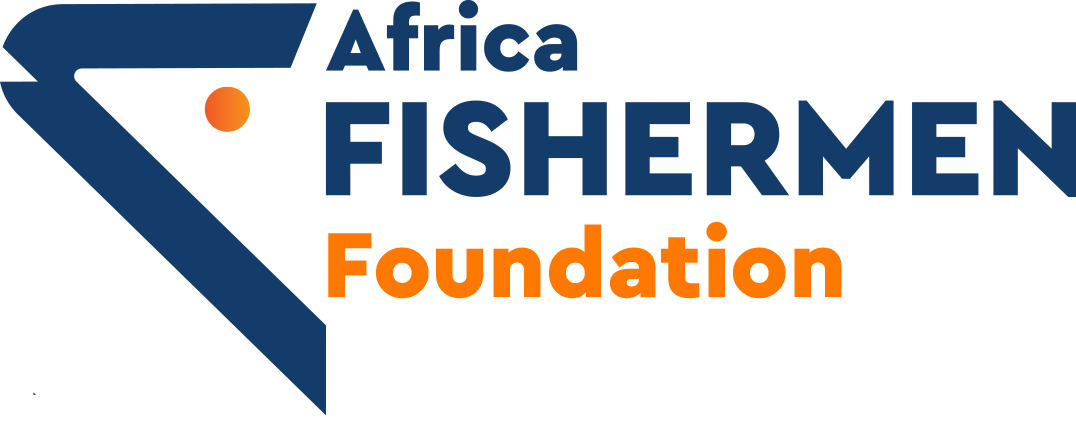As an organization focused on supporting fishermen in Africa, the Africa Fishermen Foundation recognizes the importance of sustainable tourism in promoting the blue economy in Africa. In recent years, there has been an increasing emphasis on the potential of the blue economy as a source of economic growth and development for African countries. One area of the blue economy that has significant potential is blue economy tourism, which encompasses a wide range of activities including marine wildlife tourism, coastal tourism, and marine sports.
Marine wildlife tourism is a growing sector in Africa and offers a unique opportunity to showcase the continent’s rich marine biodiversity. From whale watching in South Africa to swimming with dolphins in Mozambique, tourists from around the world are attracted to Africa’s diverse marine life. However, it is important that marine wildlife tourism is conducted in a sustainable and responsible manner to avoid negative impacts on the marine environment. The Africa Fishermen Foundation is committed to working with local communities and tour operators to promote sustainable marine wildlife tourism in Africa.
Coastal tourism is another area of the blue economy that has significant potential in Africa. Many African countries have beautiful coastlines that are rich in culture and history. Coastal tourism can offer visitors a unique opportunity to experience local cultures, taste local cuisine, and engage in a range of activities such as fishing, diving, and snorkeling. However, it is important that coastal tourism is developed in a way that promotes sustainable development and avoids negative impacts on the marine environment. The Africa Fishermen Foundation is committed to working with local communities and tour operators to promote sustainable coastal tourism in Africa.
Marine sports such as surfing, kiteboarding, and windsurfing are also growing in popularity in Africa. With some of the best waves and wind conditions in the world, African countries such as South Africa, Morocco, and Egypt are attracting surfers and kiteboarders from around the world. However, it is important that marine sports are conducted in a sustainable and responsible manner to avoid negative impacts on the marine environment. The Africa Fishermen Foundation is committed to working with local communities and tour operators to promote sustainable marine sports in Africa.
Overall, the Africa Fishermen Foundation recognizes the potential of blue economy tourism as a source of economic growth and development in Africa. However, it is important that this potential is realized in a sustainable and responsible manner that promotes the conservation of marine resources. The Africa Fishermen Foundation is committed to working with local communities and stakeholders to promote sustainable blue economy tourism in Africa. By doing so, we can ensure that the blue economy continues to provide opportunities for economic growth and development, while also preserving the unique marine biodiversity of Africa for generations to come.


